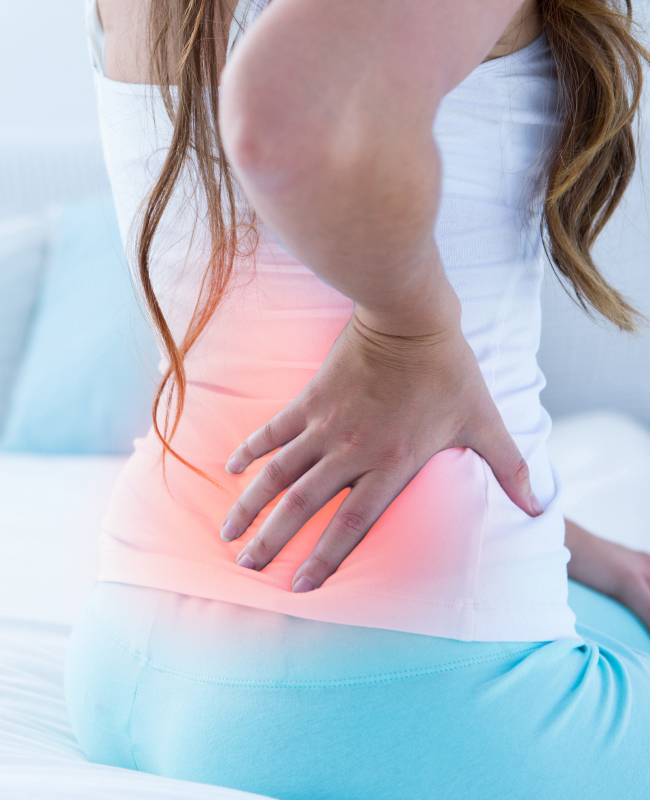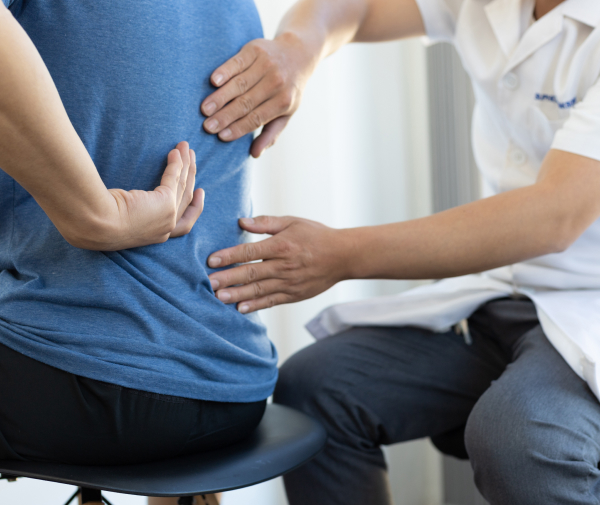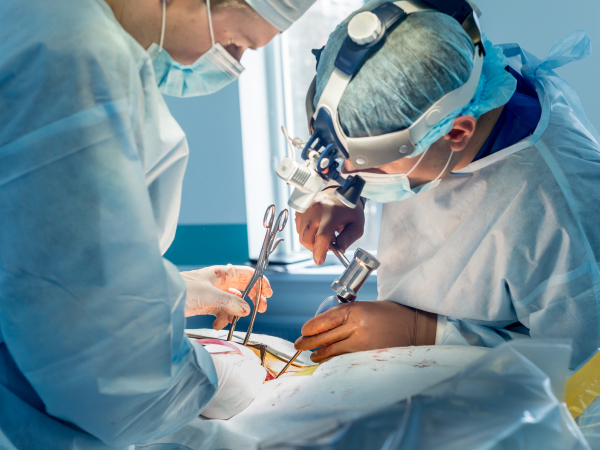No. 43/2 Hebbal, Sahakara Nagar, Bengaluru
9731616061
Menu
- Home
- About Us
- Spine Conditions Treated
- Spine Treatments Offered
- Lumbar Disc Surgery
- Interlaminar Endoscopic Lumbar Discectomy (IELD)
- Minimally Invasive (Tube Assisted) Lumbar Discectomy
- Transforaminal Endoscopic Lumbar Discectomy (TELD)
- Cervical Disc Surgery
- Artificial Cervical Disc Replacement (ADR)
- Minimally Invasive Lumbar Fusion (MIS-TLIF)
- Surgery for Lumbar Canal Stenosis
- MIS Decompression for Lumbar Canal Stenosis
- Spinal Injections
- Balloon Kyphoplasty
- International Patients
- Insights
- Contact
close




